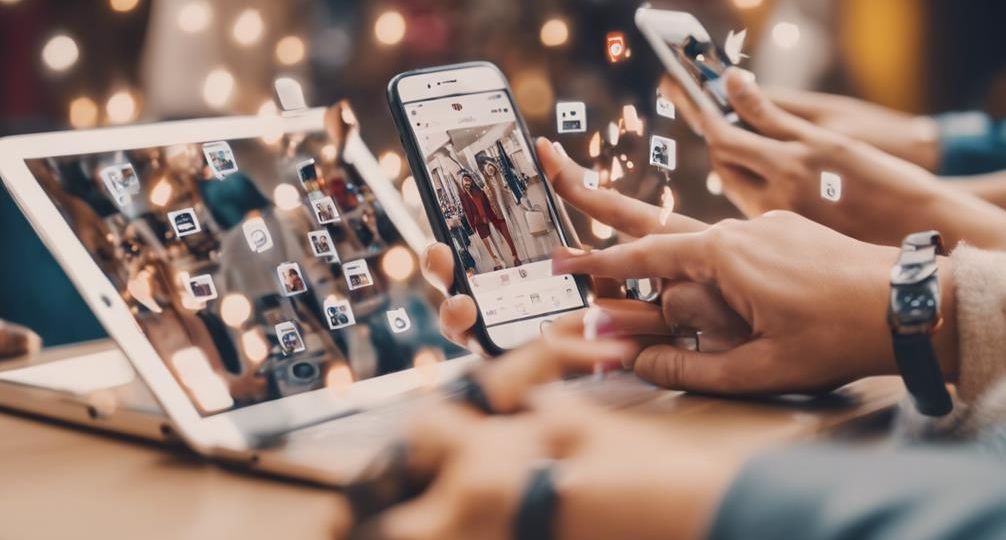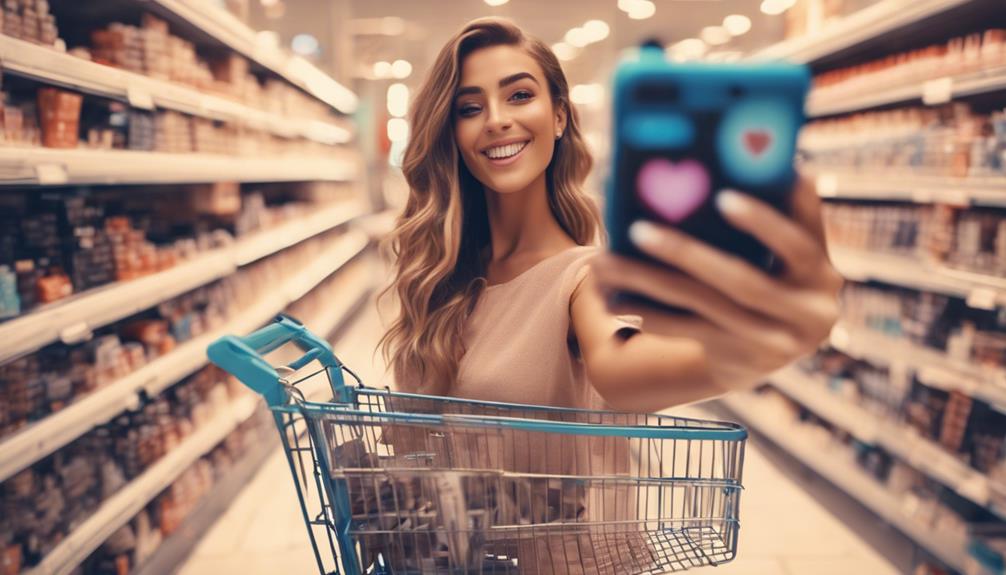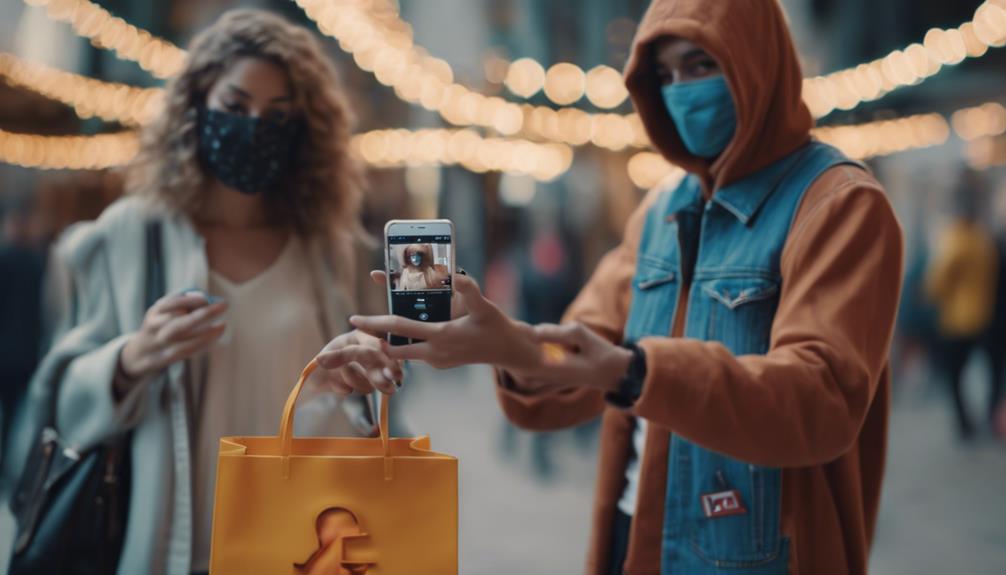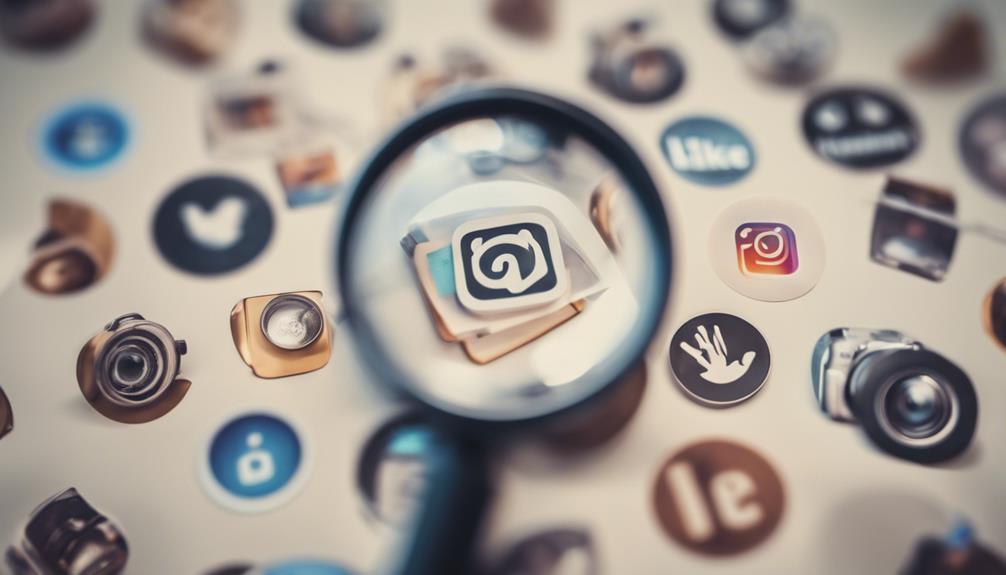
How many influencers buy Instagram likes?
Like leaves disguising a tree’s true size, so do bought Instagram likes mask the genuine popularity of many influencers. You might think that the high number of likes on their posts signifies a large, engaged audience, but behind the scenes, a different story unfolds. It’s not uncommon for influencers to buy likes, seeking to maintain the illusion of influence and success.
The Allure of Instagram Likes

While you may simply view Instagram likes as a simple heart-shaped icon, they carry a significant allure, acting as a barometer of popularity and social approval in the digital world.
This psychological appeal is more than just a desire to be liked, it’s a craving for social validation, a concept deeply embedded in our human psyche.
Every like you receive acts as a mini dopamine hit, reinforcing the notion that you’re doing something right, something others appreciate. It’s a digital thumbs-up, a nod of approval, a confirmation of your worth in the eyes of your followers.
When your posts garner a substantial amount of likes, you’re perceived as influential, someone who’s opinion matters.
However, this craving for likes can be a double-edged sword. You may find yourself constantly chasing the high of more likes, more approval, more validation, pushing you into a never-ending cycle.
You might even resort to buying likes, a common, yet controversial practice among influencers, to maintain this illusion of popularity.
Understanding Influencer Marketing
To truly grasp the impact of bought likes, you need to first understand the domain of influencer marketing, a digital phenomenon that has transformed the way brands connect with consumers. This cutting-edge sector leverages the clout of popular social media figures, aptly called ‘influencers’, who promote products or services to their extensive followers.
Influencer transparency and marketing ethics are pillars that uphold this industry. As you navigate this landscape, you’ll come to realize that real influencers are transparent about their collaborations, clearly labeling sponsored content. This honesty doesn’t just adhere to Federal Trade Commission guidelines but also fosters trust with their audience.
Marketing ethics, too, play an integral role. Ethical influencers don’t artificially inflate their engagement numbers, as this misleads partnering brands about their true reach. Instead, they work to nurture organic relationships with their followers, creating authentic engagement that translates into genuine endorsements.
Influence is a powerful tool, especially when wielded responsibly. As you explore further into influencer marketing, you’ll encounter a complex environment where authenticity and ethics hold the key to a successful collaboration. An understanding of this is essential before you explore the contentious topic of bought popularity.
Unmasking Bought Popularity

Despite the emphasis on authenticity and ethics in influencer marketing, there’s a murky side to this digital landscape – the increasingly common practice of buying Instagram likes. It’s a shortcut to perceived popularity, fueled by purchased engagement and fake followers. Now, let’s unmask this questionable practice.
- Spotting Purchased Engagement:
This includes likes and comments that seem incongruous. For instance, an influencer gets 500 likes within a minute of posting, or the comments are generic, repetitive, and lack context.
- Analyzing Follower-to-Engagement Ratio:
A genuine influencer’s engagement rate is typically around 1-3%. If it’s notably higher, alarm bells should ring.
- Using Analytical Tools:
Tech-savvy marketers use advanced tools to detect fraudulent activity. These innovative solutions scan for bot behavior, irregular growth patterns, and other suspicious indicators.
Regulation Measures and Solutions

Given these potential pitfalls, it’s evident that measures need to be established to regulate the purchase of Instagram likes, fostering a more authentic and trustworthy influencer marketing landscape.
But what solutions could be implemented? Here’s a four-point rundown:
- Policy enforcement: Instagram can tighten its policies against artificial engagement and guarantee stricter enforcement. You’d see fewer influencers resorting to these tactics if the risk of account suspension is high.
- Transparency tools: Instagram could roll out tools that allow users to see the origins of likes and followers. This would increase transparency and deter influencers from buying engagement.
- Privacy implications: Given the potential privacy risks, Instagram could implement measures to protect users’ data from being misused by third-party apps offering likes for sale.
- Education: Finally, Instagram could educate users about the implications of fake engagement, from privacy concerns to the erosion of trust.

